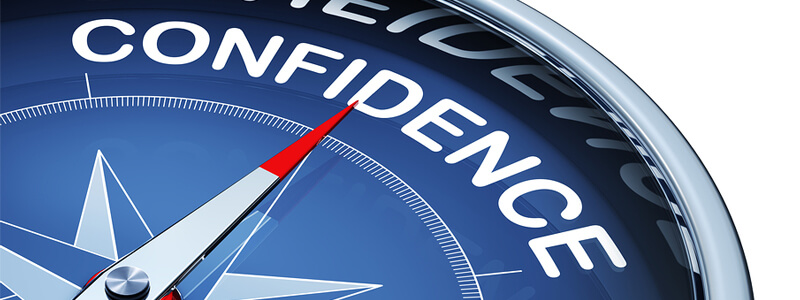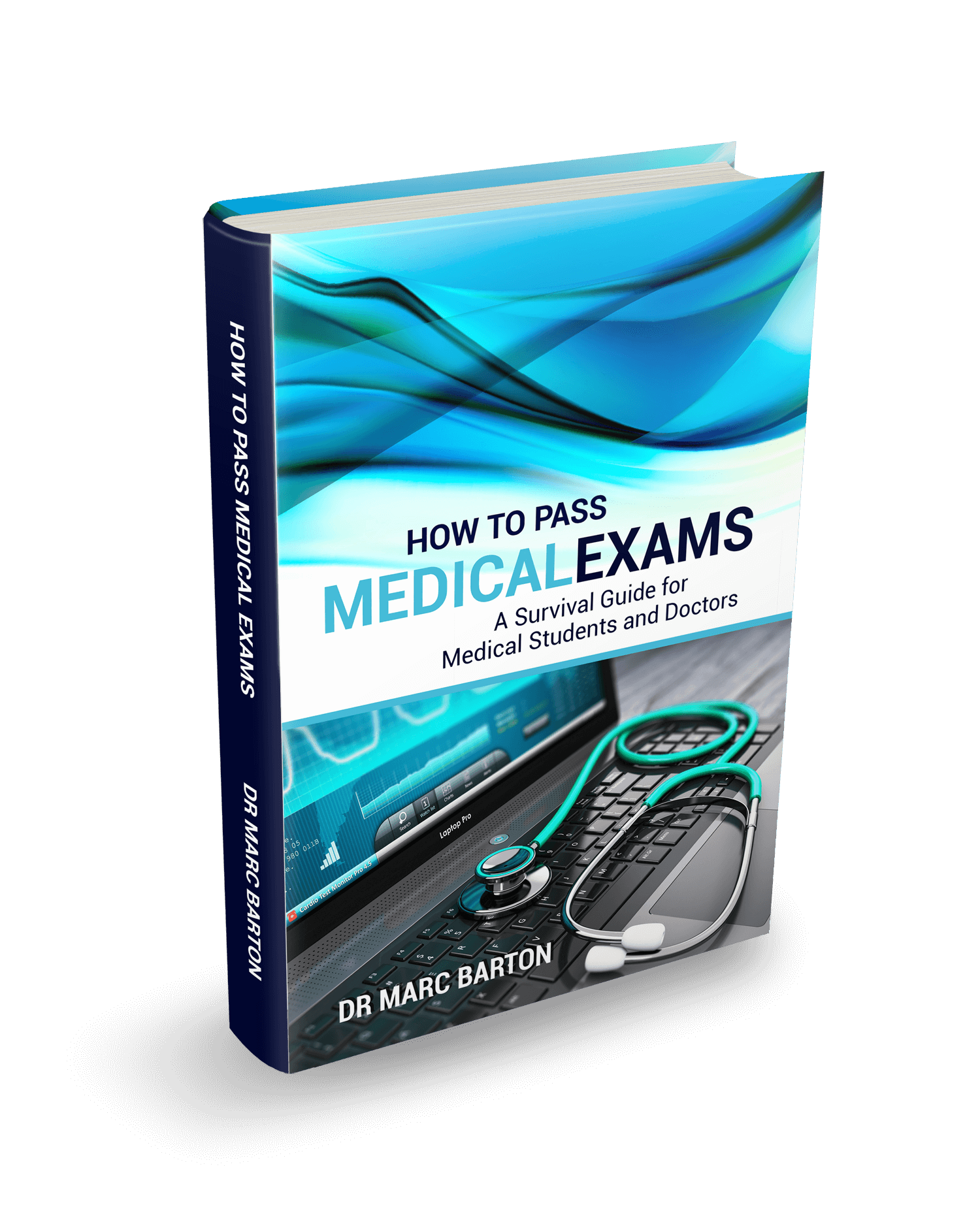“With confidence, you have won before you have started.” Marcus Garvey
The importance of self-confidence
Psychologists have long reported that intelligence isn’t the only predictor of academic achievement and that self-confidence is also an excellent predictor of exam success.
One particular study by Psychologist Tomas Chamorro-Premuzic, looking at 7- to 10-year-old children, showed that the children who achieved the best marks in school tended to rate their own abilities highly and have the highest self-confidence levels.
The majority of IQs for medical students and doctors are reported to fall in the range of 105 to 135. We, therefore, know that intelligence is not an issue for you and that passing these exams is well within your academic capabilities. My own experience from sitting exams has been that I have performed best when my confidence has been at its highest and this seems to have been the case with my peers also.
The power of positive thinking
Concentrating on positive thoughts and minimizing negative thoughts is a very useful method for improving your exam confidence. If you dwell on pessimistic thoughts, such as ‘I am going to fail this exam’ or ‘my career is over if I fail this exam!’, these thoughts will erode your confidence and negatively affect your performance.
Try to identify and be conscious of these thoughts and think logically about them. Are you really going to fail this exam after the 6 months of solid revision that you have done? Will your career really be over? The truth is that these scenarios almost always seem worse than they really are. The chances are that if you have prepared properly you have every chance of passing and that even if you fail you will get a chance to re-sit.
Once you have identified and challenged your negative thoughts in this way, replace them with positive thoughts. For example ‘I am going to fail this exam’ could be replaced by ‘I am well prepared and I am NOT going to fail this exam’.
Repeat these positive thoughts to yourself during your exam preparation and even during the exam itself and you will feel your confidence grow.
Seeing is believing
Positive visualization and mental rehearsal is another way to improve your confidence and develop a positive attitude towards exams. This process has been used by athletes and sports competitors since the 1970s and is just as valid for the exam process. Consider the extraordinary boxer Muhammad Ali, considered by many as the greatest boxer of all time. He often used positive visualization techniques to enhance his confidence, and a great example of this is his epigram ‘I am the greatest!’
Try using the following method for improving your confidence:
Find a quiet place, close your eyes and run through the day of the exam in your head, visualizing each step that you will go through. Watch yourself arriving for the exam and registering with the steward. You have arrived in plenty of time, you have prepared well and feel quietly confident about your chances of passing. You are ushered to your seat and sit down in the allocated place. In the countdown to the exam, you organize your desk space and listen carefully to the instructions of the steward.
The bell rings and the exam starts. You open the paper and carefully read through the guidance and then the questions. You know what is required of you and have plenty of time to get through the exam. There are many familiar questions and you feel confident in your ability to answer them after your revision. Visualize yourself answering all of the questions in a calm and collected manner. You finish the paper and then re-read through your answers, making any last minute corrections that are necessary.
The bell rings and you stop writing, the exam has finished. You feel positive and happy with your performance. You leave the room and feel confident that you have passed.
By going through this process your confidence will grow and negative thoughts and feelings of anxiety about the exam will start to recede.
Walking a fine line
The caveat to building your self-confidence is to not become over-confident. Confidence is unquestionably a good thing but being over-confident can adversely affect your exam performance.
Some medical students have quite literally never failed an exam when they arrive at Medical School. They feel indestructible and can’t even imagine failing. This is unlikely to still be the case by the time that they have finished Medical School. The bad news is that nearly everyone reading this book will fail an exam at some point during their medical career.
If you become overly confident, the risk is that you will ‘take your foot off the gas’ and stop studying or study too little. Even the most confident student will fail if they haven’t absorbed the necessary knowledge. Even when your confidence is high, keep chipping away and stick to study plan to avoid an unpleasant surprise on results day.
Key points to remember:
✓ Intelligence isn’t the only predictor of academic achievement
✓ Self-confidence is also an excellent predictor of exam success
✓ Concentrating on positive thoughts will improve confidence
✓ Visualization is a great way to develop a positive attitude towards exams
✓ Being over-confident can adversely affect your exam performance
Medical Exam Prep would like to thank Dr. Marc Barton for permission to reproduce this extract from his book ‘How to Pass Medical Exams: A Survival Guide for Medical Students and Doctors’
About Dr. Marc Barton
Dr. Marc Barton qualified from Imperial College School of Medicine in 2001. Since that time he has worked in a variety of different medical specialities. He worked as a GP partner from 2006 until 2008 and more recently as a higher specialist trainee in Emergency Medicine.
‘How to Pass Medical Exams’ is available for purchase here.






